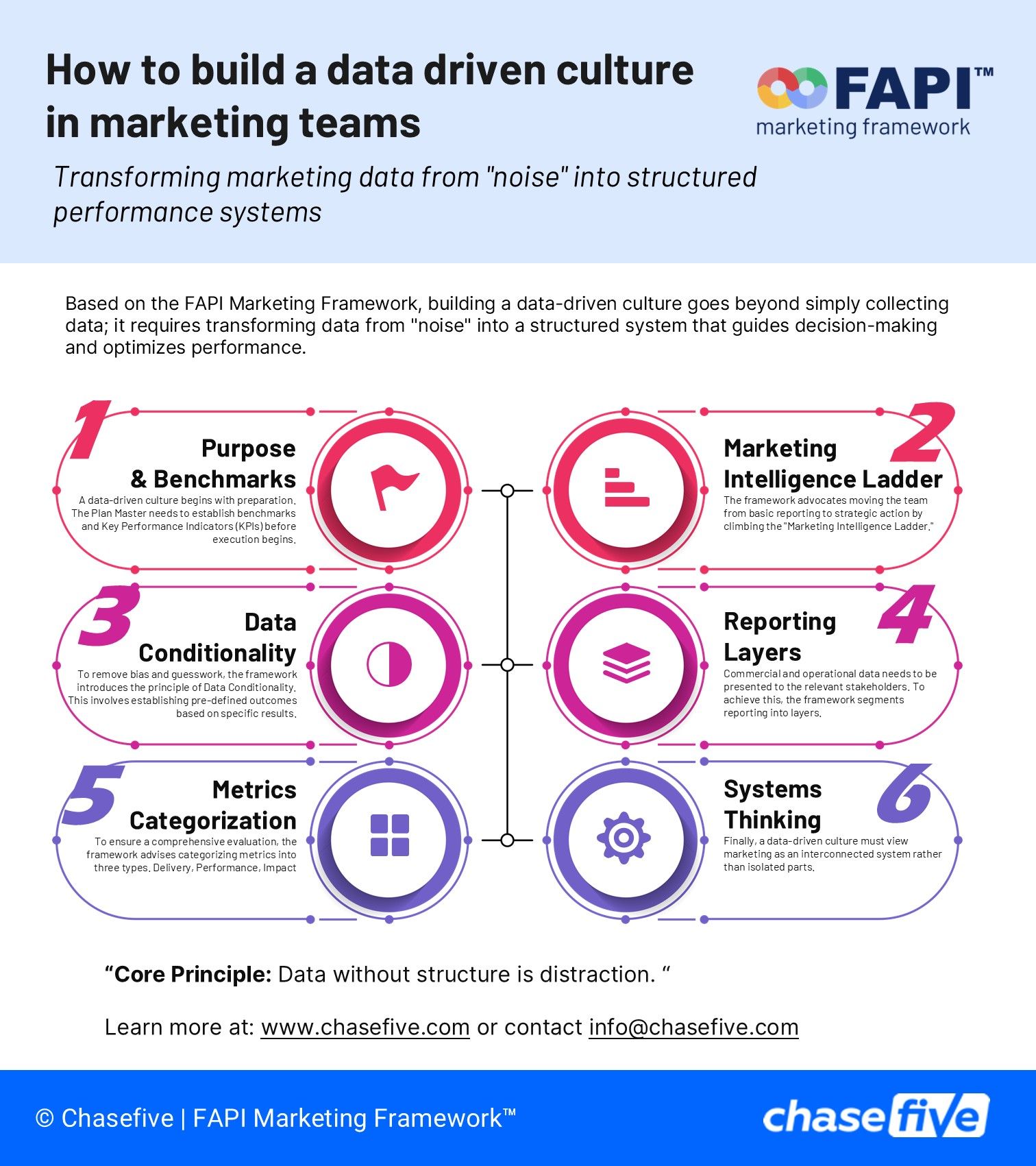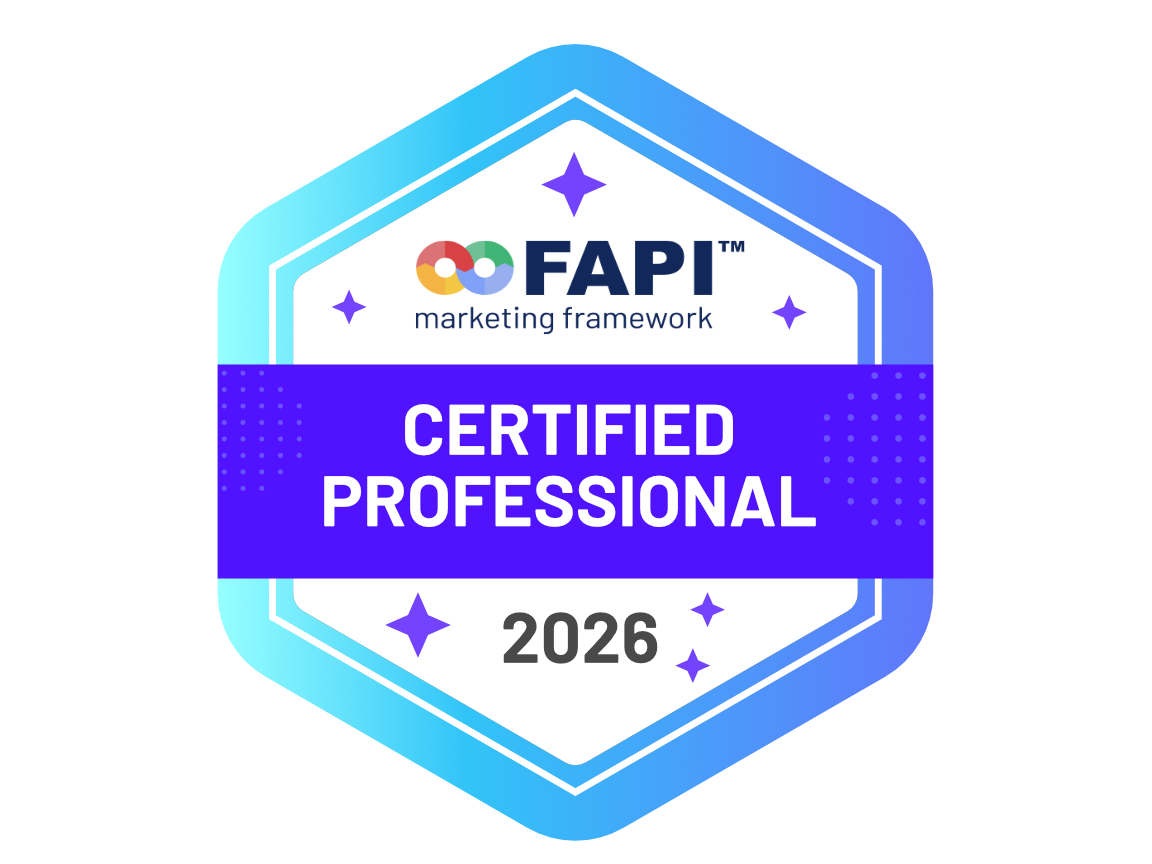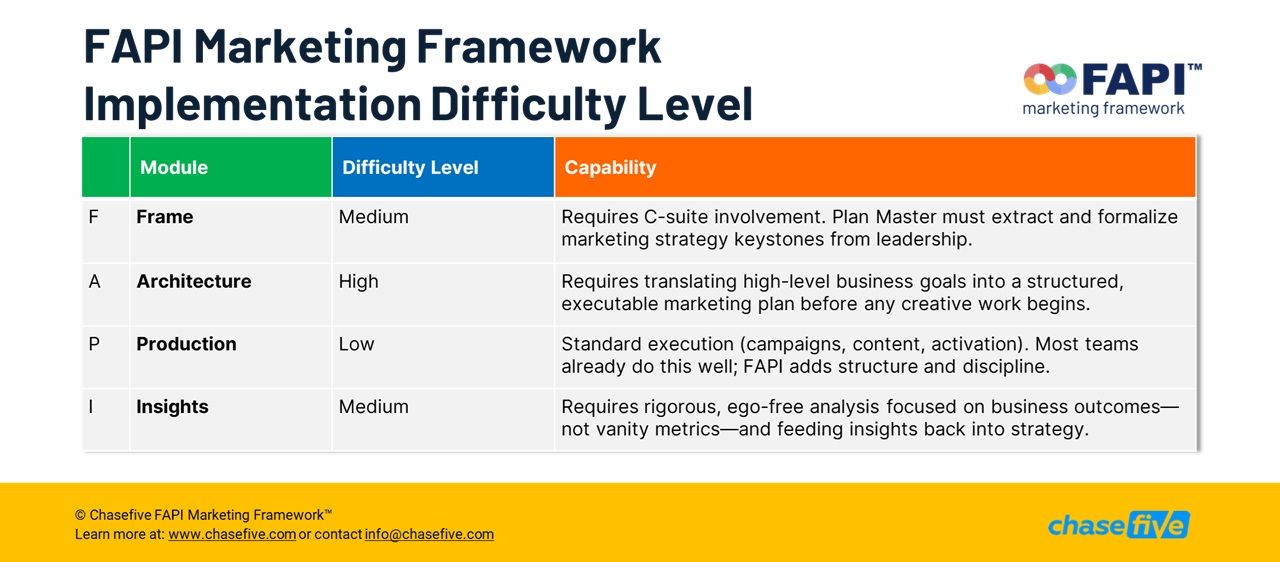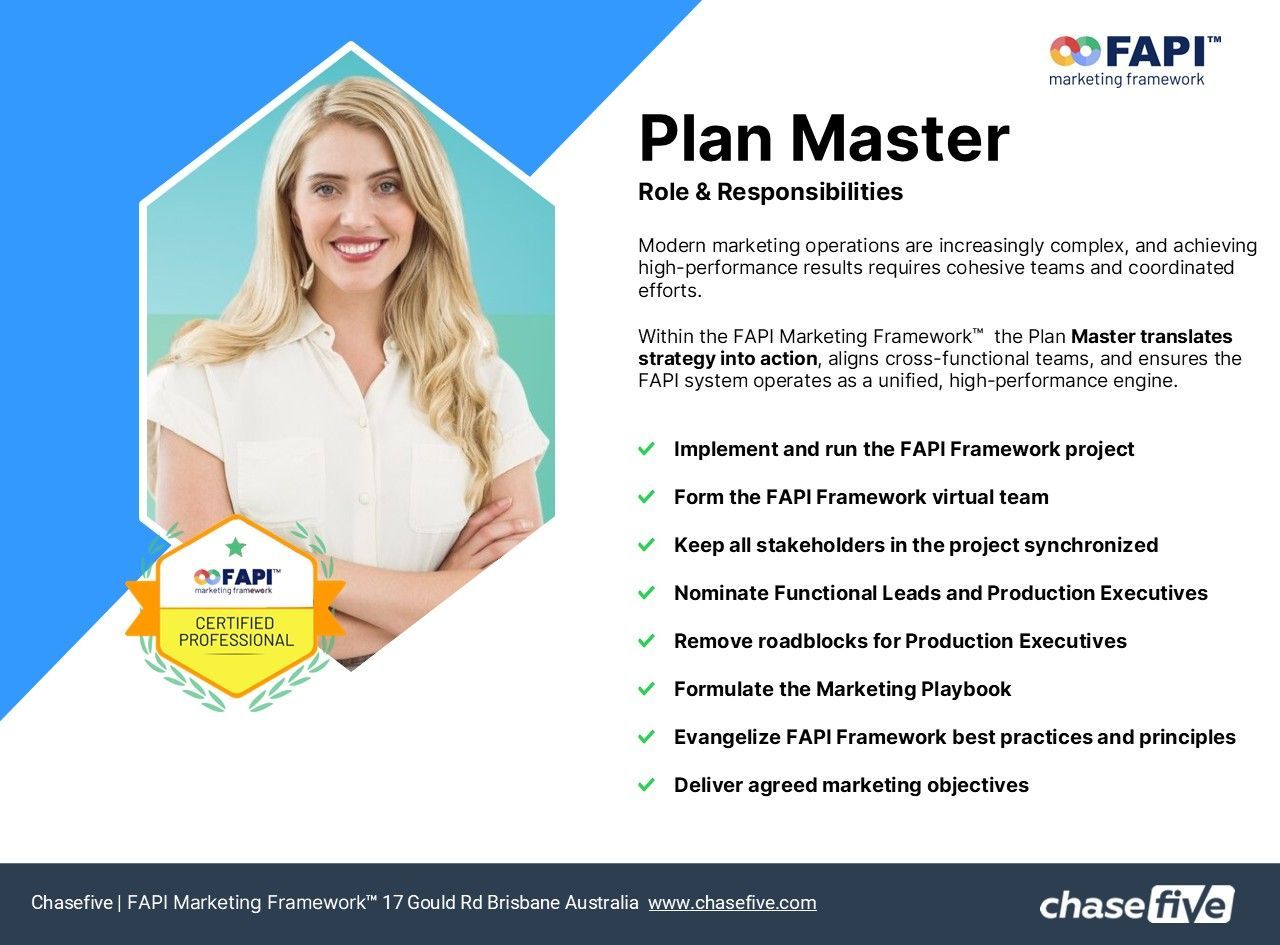Underpin The Foundations For Marketing Success. To Develop Solid Marketing Plans & Execute Efficiently
In the fast-paced world of marketing, crafting a solid plan and executing it efficiently can often be the difference between success and stagnation. The FAPI Marketing Framework™ emerges as a beacon for businesses aiming to fortify their marketing foundations and achieve their goals with precision. This comprehensive approach is designed to ensure that every aspect of your marketing strategy is aligned, efficient, and effective.
The Essence of Direction in Marketing
At the heart of the FAPI Marketing Framework™ lies the principle of Direction. This involves the establishment of a cohesive marketing plan that serves as a roadmap for all your marketing efforts. But having a plan is only the beginning; the real challenge is adherence. It’s crucial for businesses to not only craft detailed, strategic plans but also to follow them diligently. This ensures that every marketing action is purposeful and contributes to the overarching goals of the organization.
The Role of Efficiency
Efficiency in the FAPI Marketing Framework™ is about having the
right marketing processes and systems in place. It’s not enough to have a strategy; how you implement it is just as important. This dimension focuses on optimizing workflows and ensuring that the team adheres to these processes, maximizing productivity and minimizing waste. By refining these processes, businesses can execute their marketing strategies more smoothly and with greater impact.
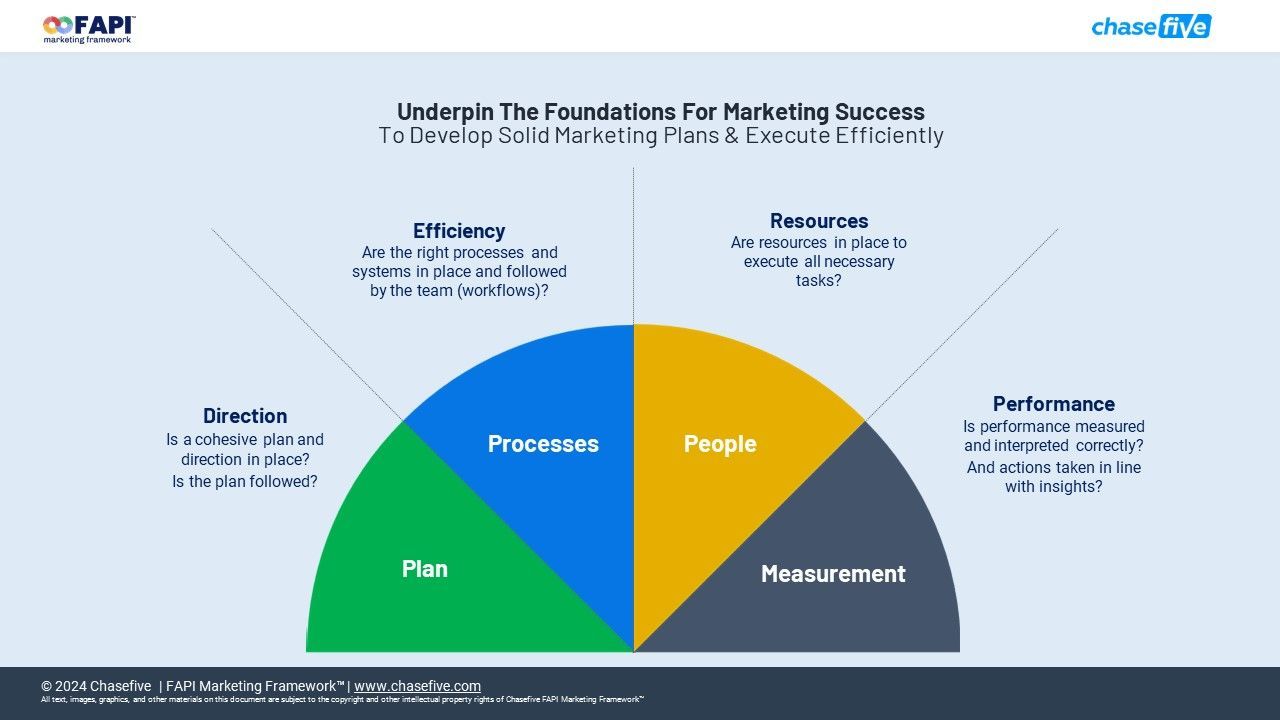
Securing Necessary Resources
No marketing plan can come to fruition without the proper resources. This includes everything from the right tools and technology to the human capital required to carry out each task. The FAPI Marketing Framework™ emphasizes the importance of assessing and securing these resources in advance. This proactive approach ensures that when it’s time to execute, your team is not held back by logistical constraints.
Measuring and Interpreting Performance
Perhaps one of the most critical aspects of the FAPI Marketing Framework™ is the focus on performance. In the realm of marketing, measuring outcomes is non-negotiable. However, it’s not just about collecting data; it’s about correctly interpreting this information to make informed decisions. This framework encourages continuous monitoring of performance indicators, allowing businesses to adapt and refine their strategies based on concrete insights.
Taking Action Based on Insights
The final step in the FAPI Marketing Framework™ involves taking decisive action based on the insights gathered from performance data. This is where the rubber meets the road. It’s not enough to know what works and what doesn’t; businesses must be willing to adjust their plans, reallocate resources, and change directions if necessary. This agility can make all the difference in maintaining a competitive edge.
Embracing the FAPI Marketing Framework™
The FAPI Marketing Framework™ is more than just a methodology; it’s a mindset. It’s about being thorough in planning, meticulous in execution, and flexible in strategy. By adhering to its principles of Direction, Efficiency, Resources, and Performance, businesses can build a solid foundation for their marketing efforts and navigate the complexities of the market with confidence. Embrace the FAPI Marketing Framework™, and unlock the potential for unparalleled success in your marketing endeavors.
Join the FAPI Marketing Framework™ Academy to learn more about marketing team resource planning and team building.
